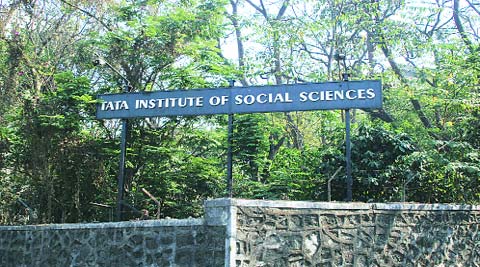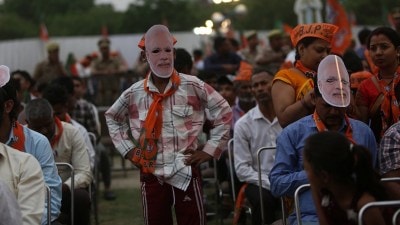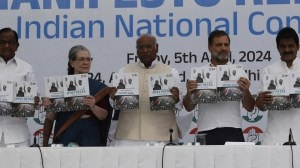- India
- International
Rural development fellows scheme sees 50% rise in aspirants
While it may be difficult to find doctors who are willing to do a rural stint across the country, the second batch of the Prime Minister’s Rural Development Fellows (PMRDF) scheme, which is a Centrally-sponsored scheme of the Ministry of Rural Development, government of India and and is being implemented with the support of the […]
 The scheme is supported by TISS. Express archive
The scheme is supported by TISS. Express archive
While it may be difficult to find doctors who are willing to do a rural stint across the country, the second batch of the Prime Minister’s Rural Development Fellows (PMRDF) scheme, which is a Centrally-sponsored scheme of the Ministry of Rural Development, government of India and and is being implemented with the support of the Tata Institute of Social Sciences (TISS), has seen around 50 per cent rise in number of aspirants.
As per available data, 8,560 had applied for the 2012 batch, of which 156 were selected. Over 12,800 aspirants have applied in 2014 for the second batch, out of which 160 have been selected through a rigorous three-tier selection process to join the training programme anchored by TISS on the Mumbai campus.
“This enthusiasm among aspirants for the rural fellows scheme shows that the younger generation is looking at career options with a human service component in it. They are not simply looking at hardcore software jobs, but have an inclination to serve the poor and they want to explore avenues with a service potential,” said Ramchandra Kowligi, programme coordinator at TISS.
Significantly, a composition of this year’s batch shows that 68 per cent of the fellows have an engineering background, five per cent are from medical sciences background, 13 per cent from science background, and only around six per cent are from social sciences background. Thus, the scheme, according to the institute, serves to be a “potential opportunity” for young professionals from varied sectors and streams to come forward and be part of initiating grassroots change.
“I was working as a field engineer for Schlumberger in India, but I wanted to do something in the rural sector. My family is into social services and that too was a big motivation. I was contemplating whether I should go for the civil services, which is when this opportunity came up. I belong to the Santhal tribe in Jharkhand and I have always wanted to go back there and work, so I wouldn’t mind being placed there. It’s a great opportunity and I am excited to explore unchartered territories, no matter where I am placed,” said Neetisha Besra (24), a B.Tech from IIT Kanpur.

Under the scheme, during the three-year duration of the fellowship the fellows will work with district magistrates of backward and remote districts in improving programme delivery and interface with marginalised sections, “aiming to reduce the developmental and governance deficits.”
This year, around 110 fellows will serve in the northern, eastern, western and central parts of the country, 30 will be deputed in the north-east and 20 in Jammu and Kashmir. Some of the districts include Gondiya (Maharashtra), Chandauli (Uttar Pradesh), Bastar (Chhattisgarh), Gumla (Jharkhand), Bankura (West Bengal) and Ganjam (Odisha). The fellows get Rs 50,000 monthly during the training period, and Rs 75,000 a month after placement.
mihika.basu@expressindia.com
Apr 25: Latest News
- 01
- 02
- 03
- 04
- 05








































